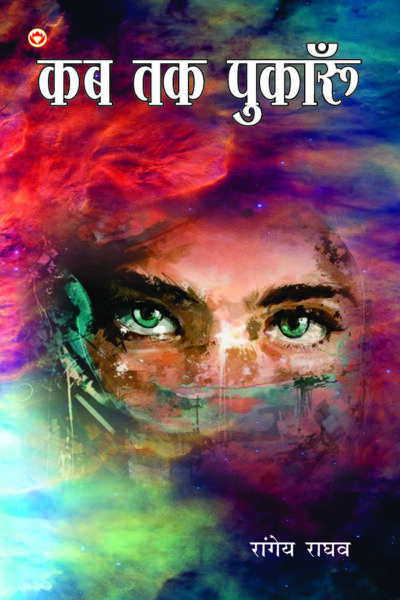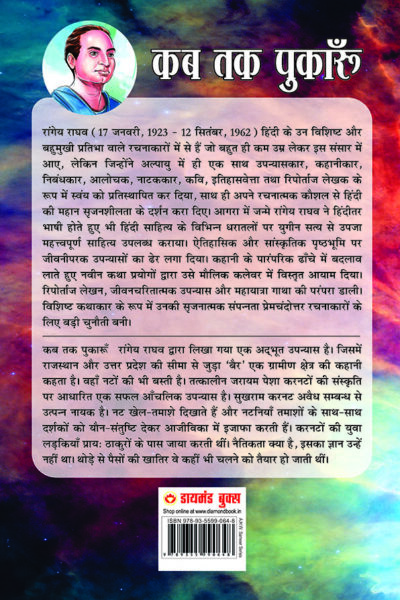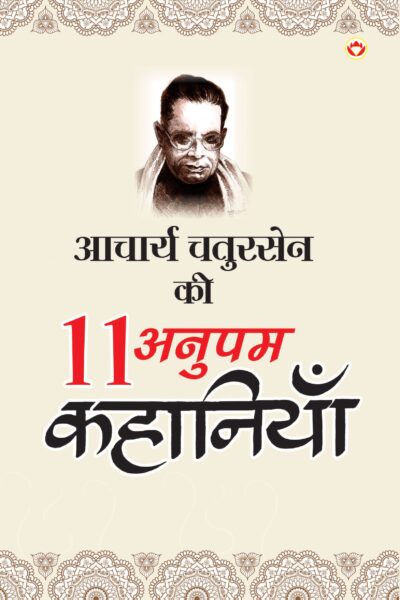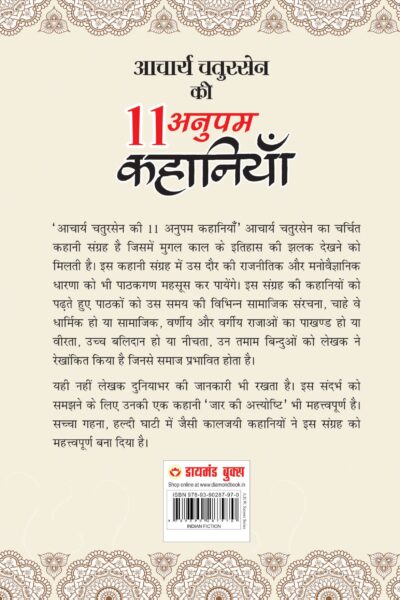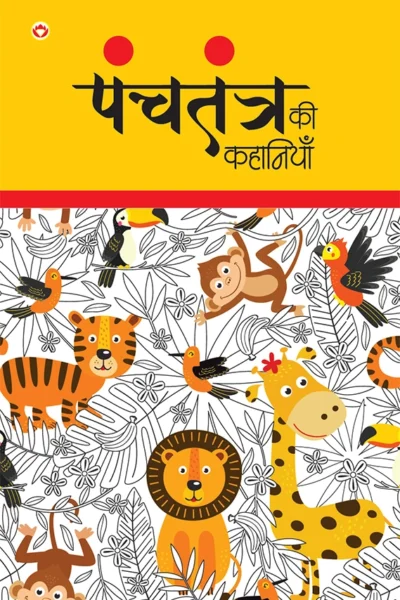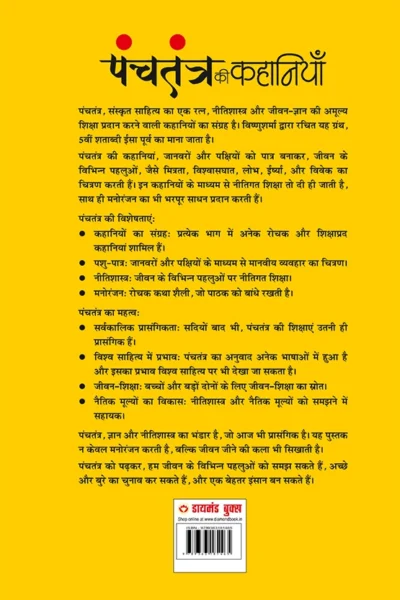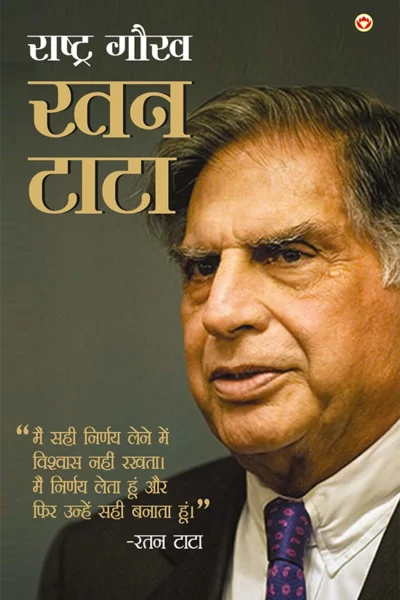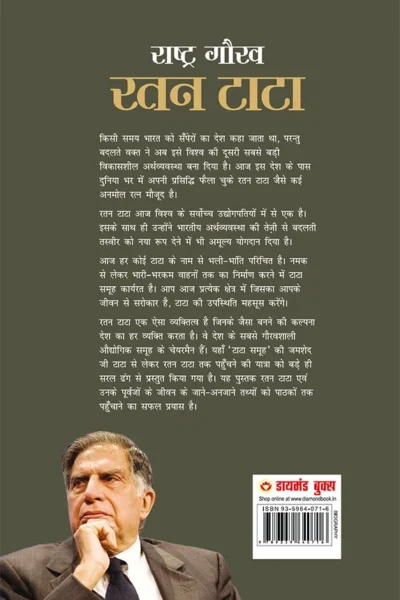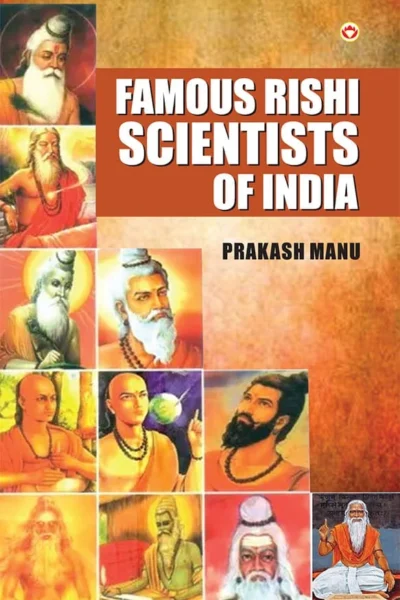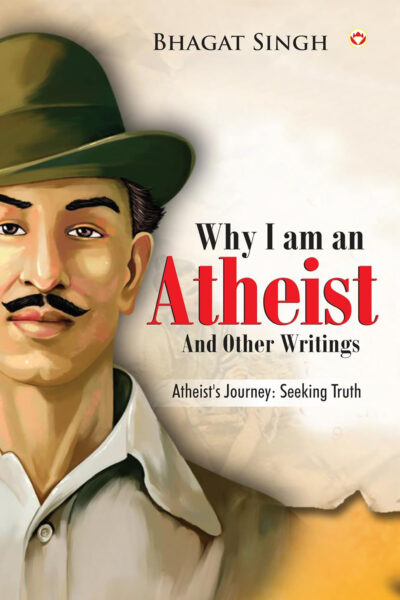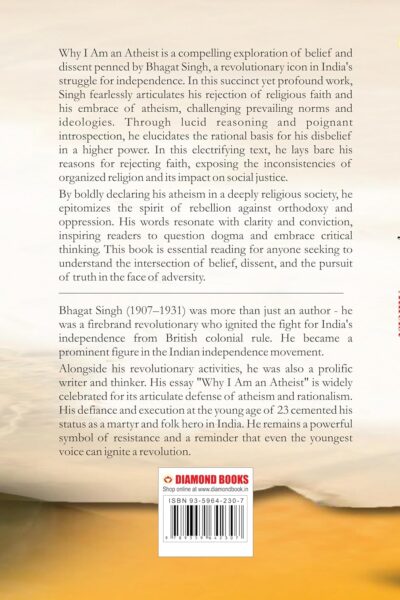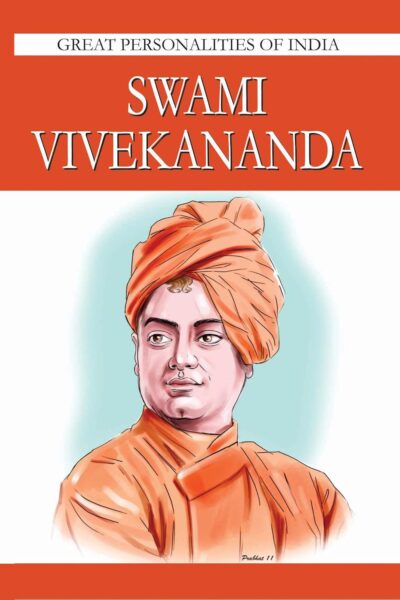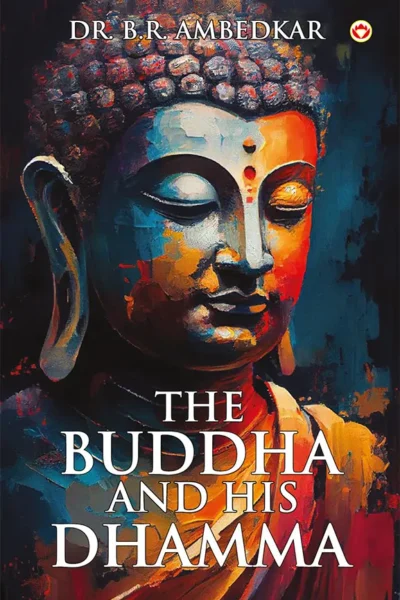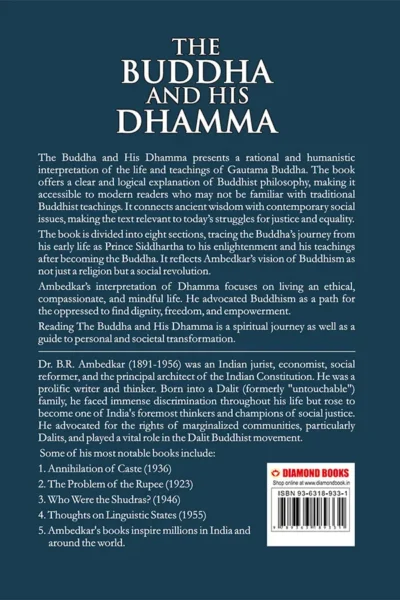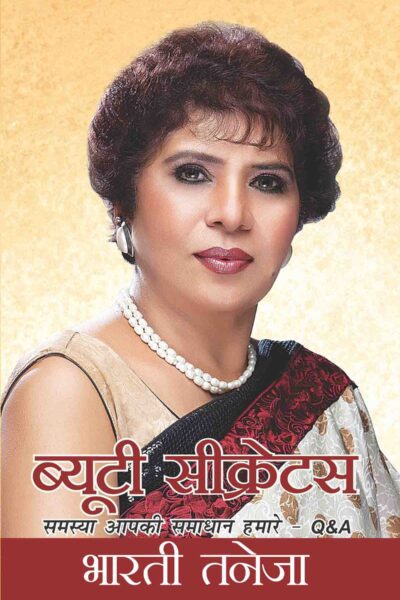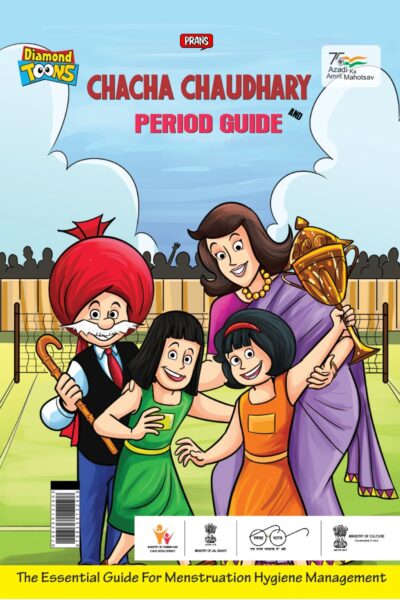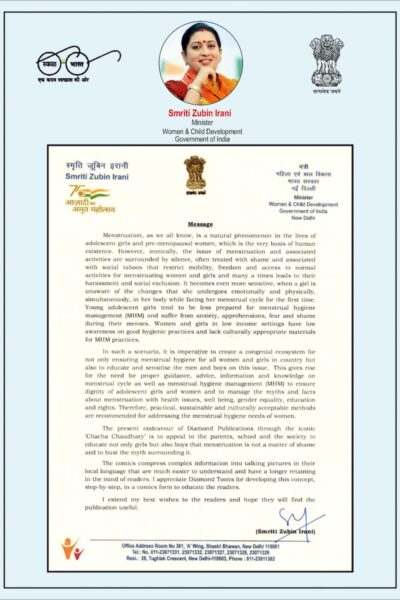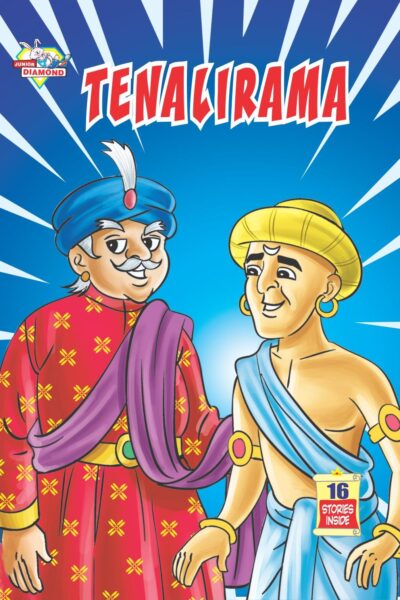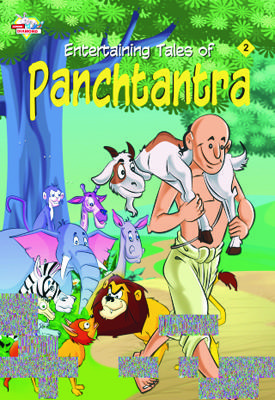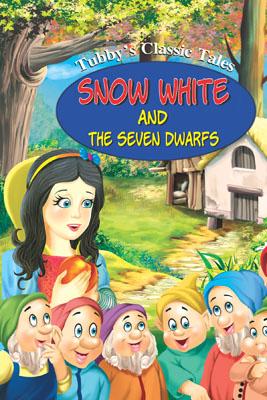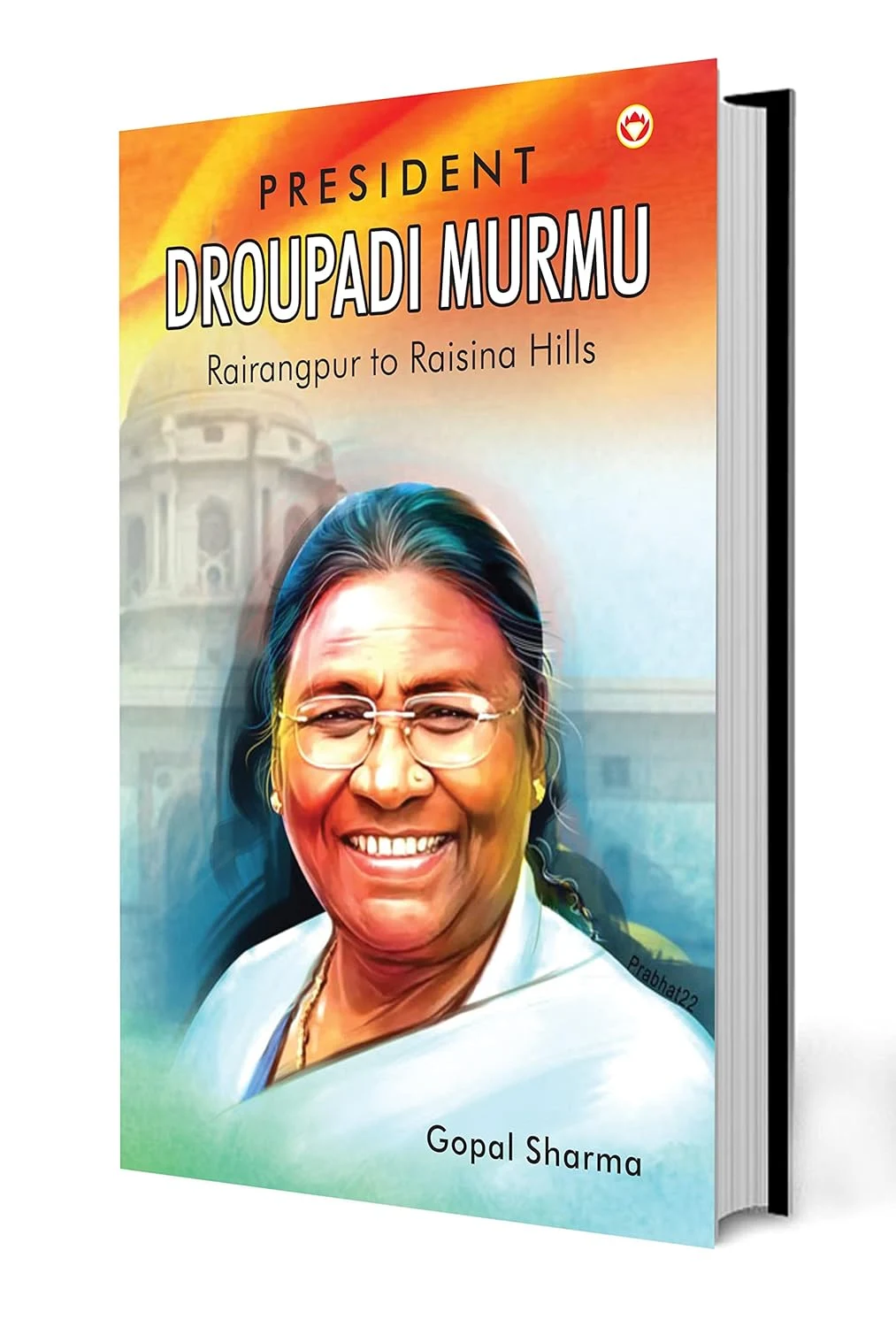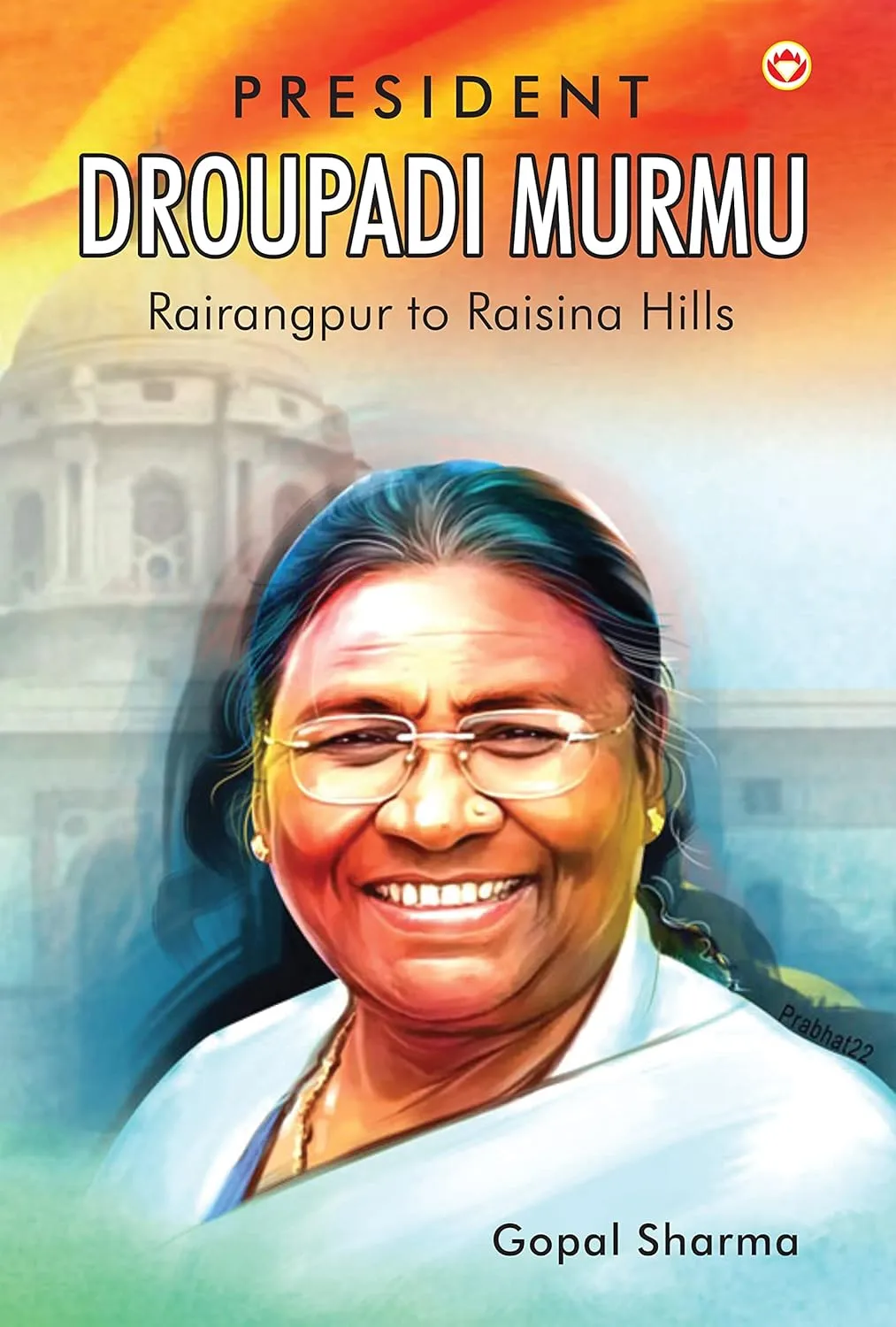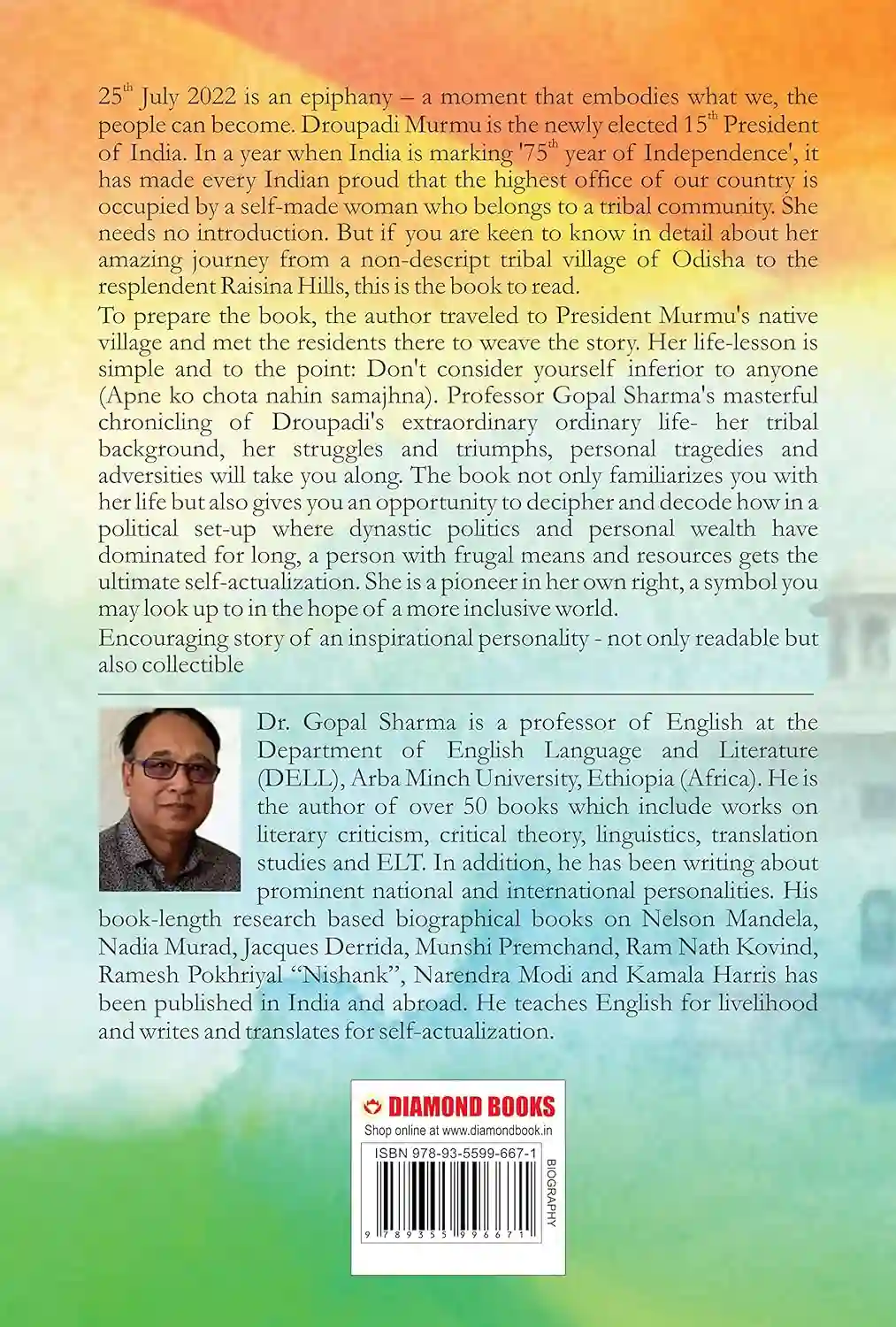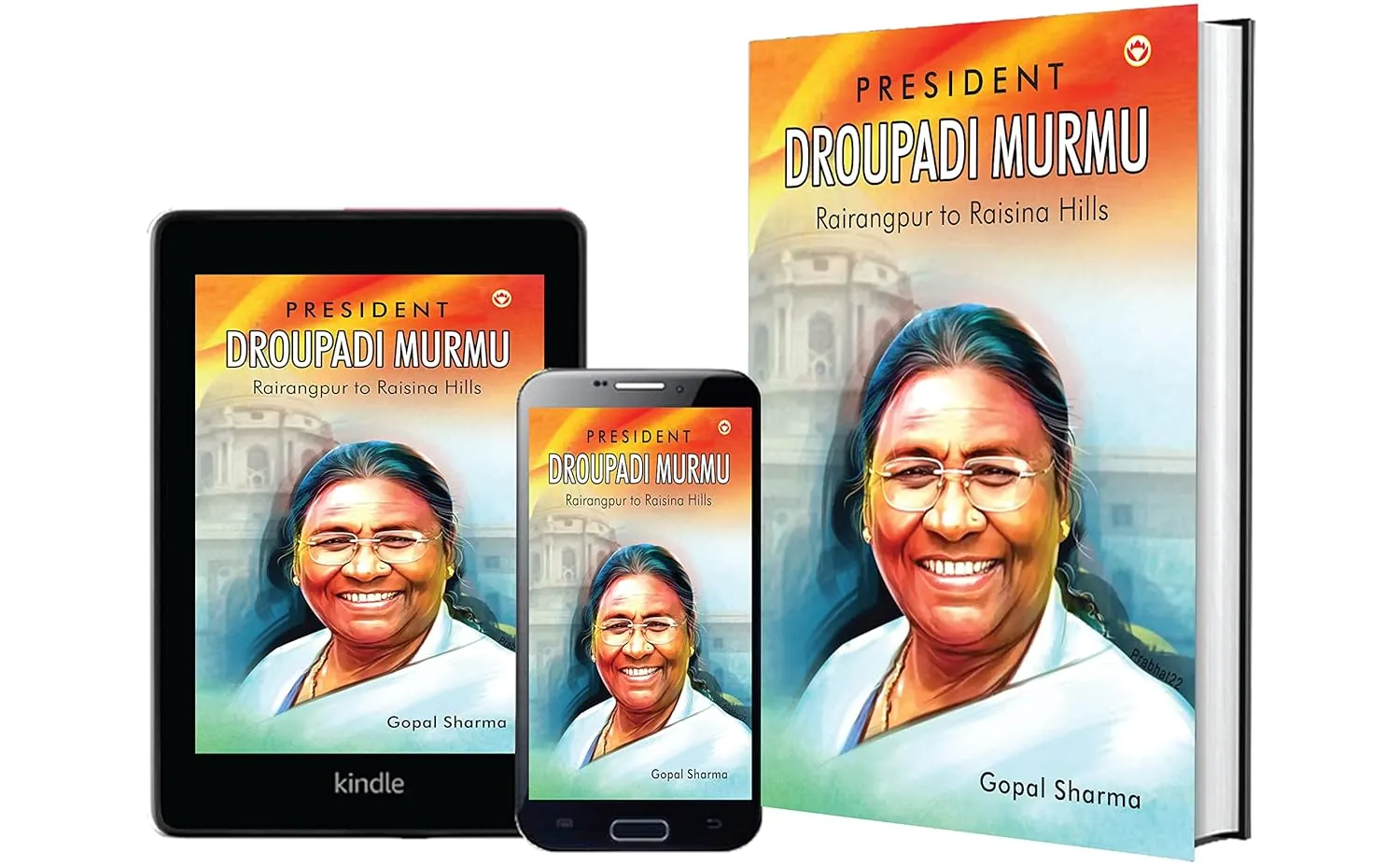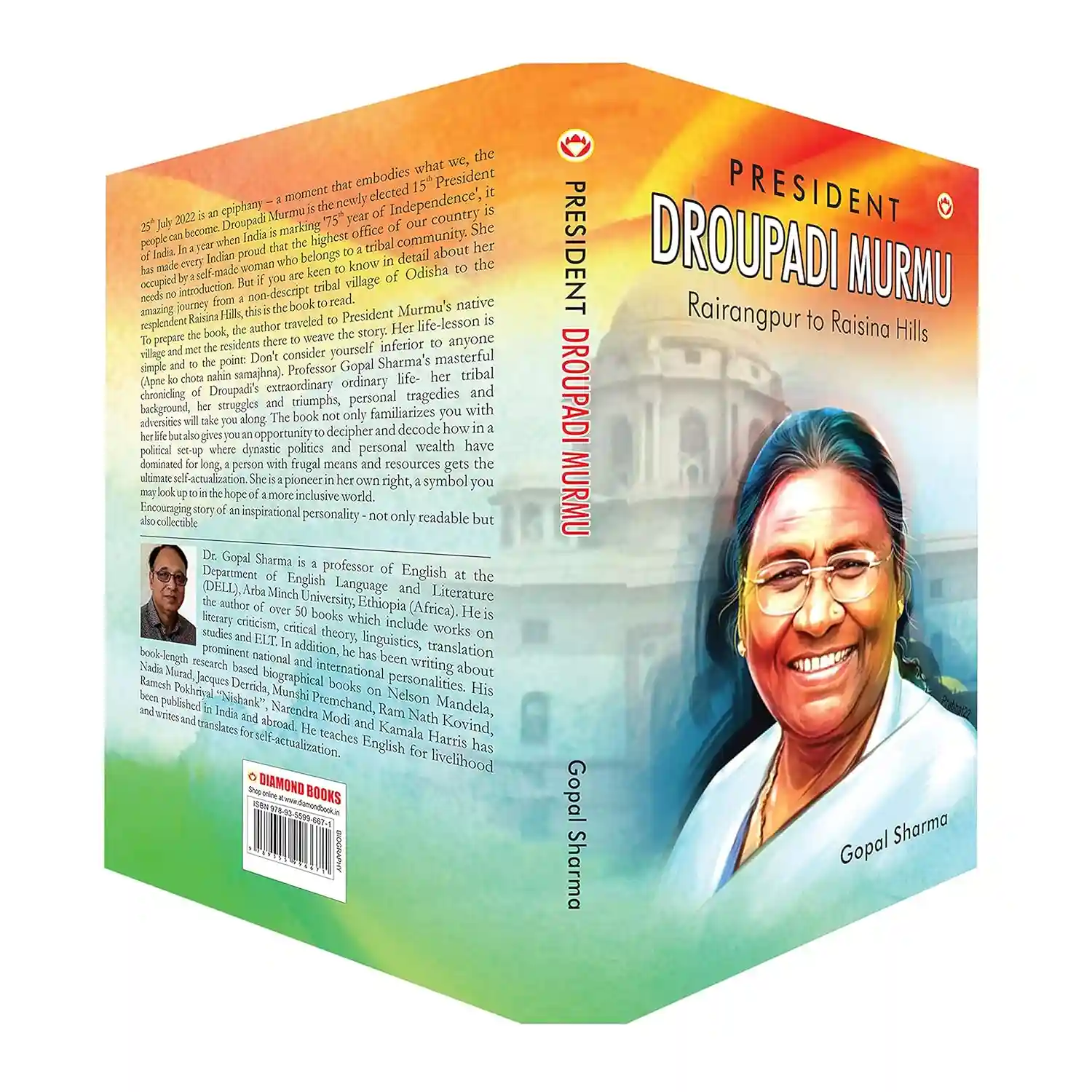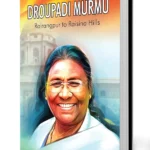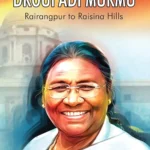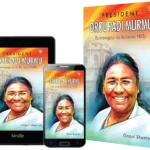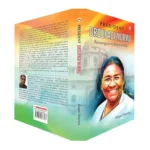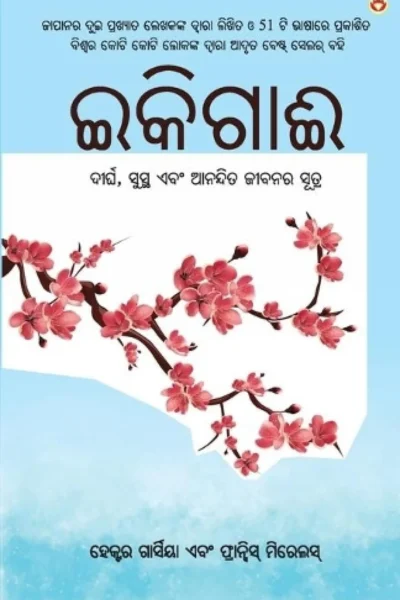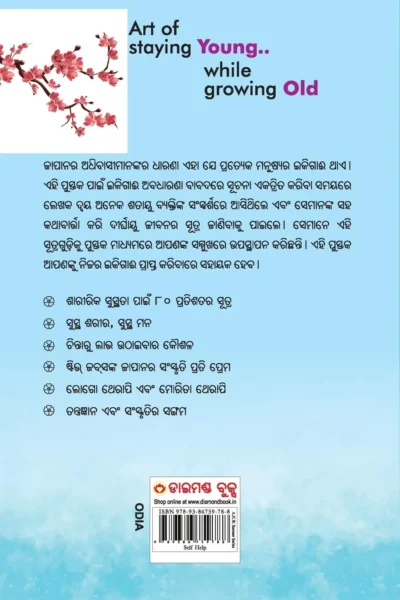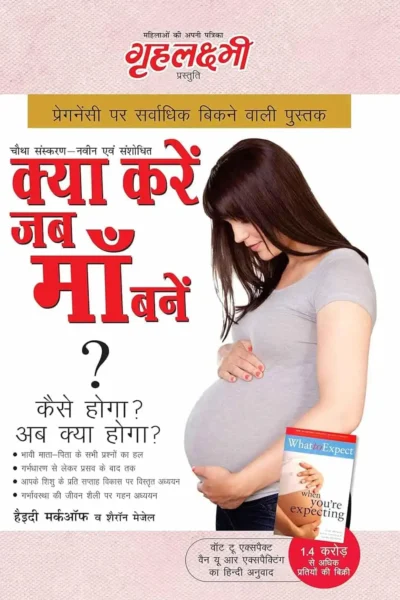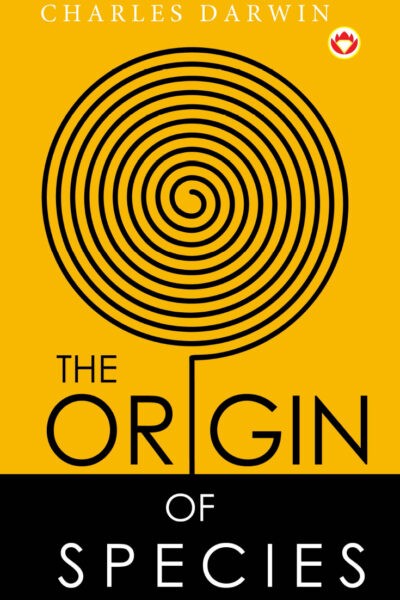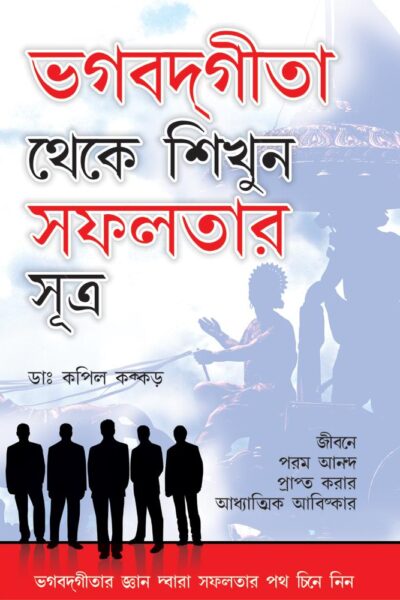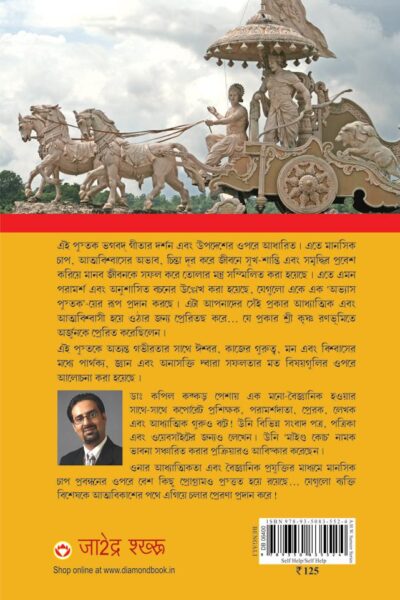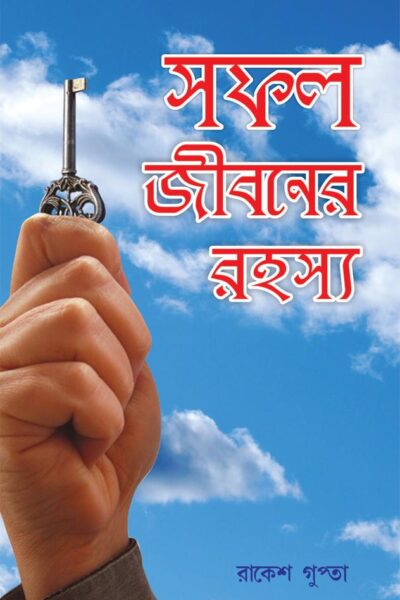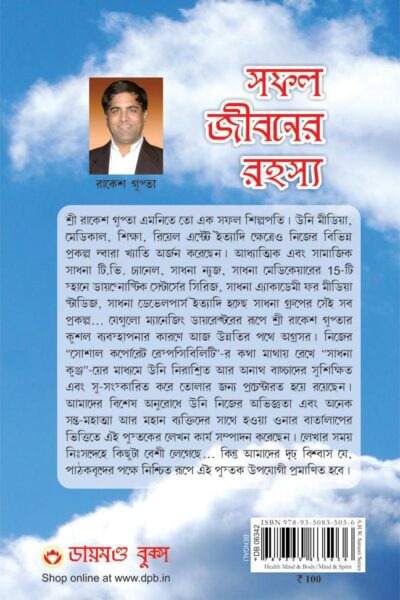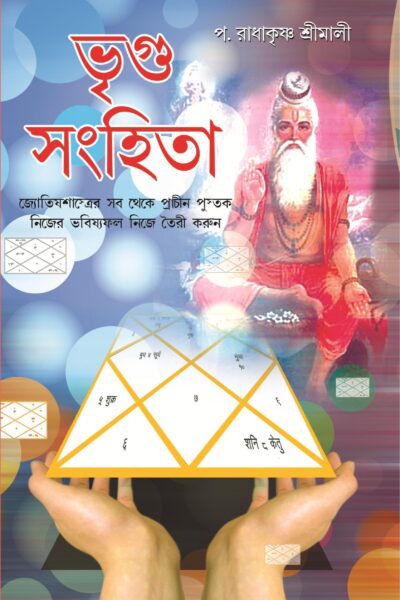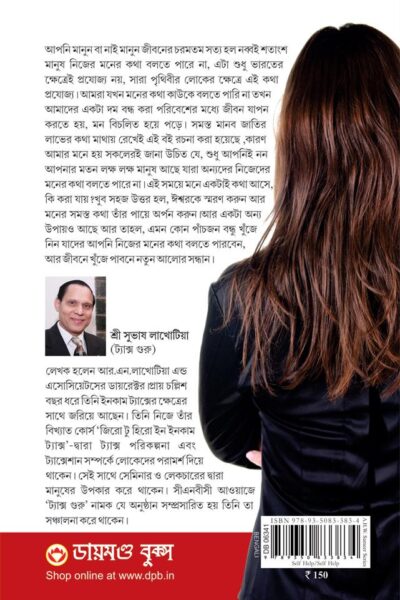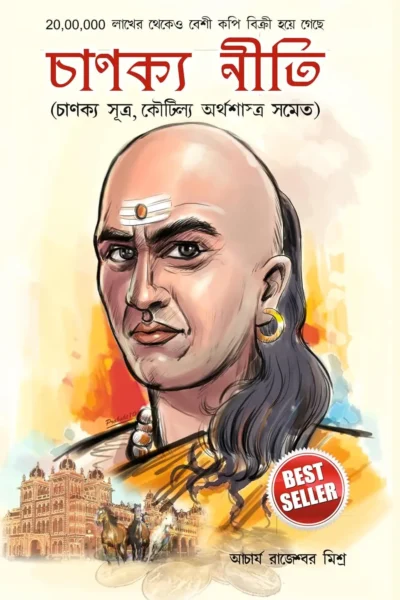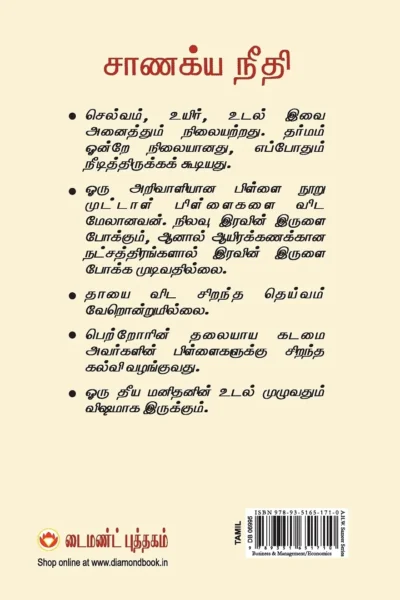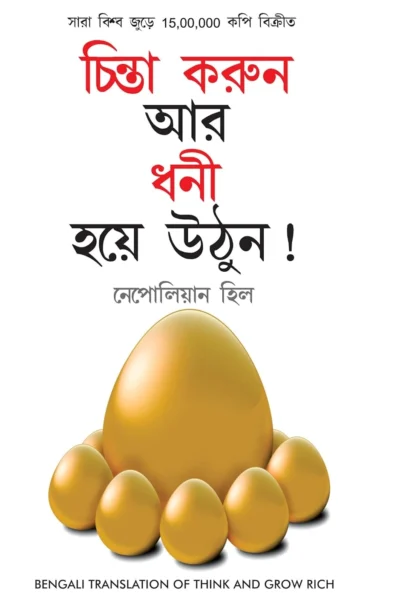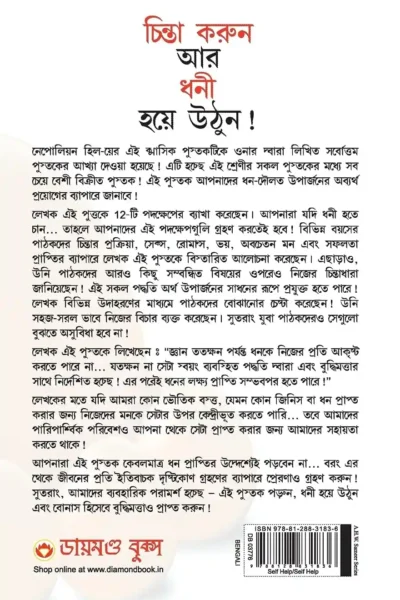- Short Stories
- Traveloc
- Novel
- Indian Classics
- Business Strategy
Shop Our top-rated business strategy books are designed for entrepreneurs and business leaders, offering proven strategies to elevate business success. Learn from industry experts and discover actionable insights to drive growth and profitability. Buy now and master the skills that set top businesses apart.
- Corporate History
Discover a comprehensive collection of corporate history books that detail the rise and success of major companies and their visionary leaders. Explore how these influential figures and their groundbreaking strategies have shaped industries and transformed the global business landscape.
- Economics
Discover the best economic and market books in India at Diamond Book Store. Our collection features essential reads on domestic and global market theories, offering in-depth analyses and key insights into economic trends. Enhance your understanding of financial markets, investment strategies, and economic principles with our expertly curated selection. Visit us to grow your knowledge and stay ahead in the world of finance.
- Romance / Fantasy
Discover captivating romance and fantasy books at Diamond Books. From enchanting love stories to magical adventures, these books offer readers a perfect blend of passion and imagination. Ideal for those who love romantic and fantastical narratives.
- Finance
Buy top finance and money management books at Diamond Book Store. Enhance your money-saving skills with expert strategies and key insights. Explore our curated selection to discover effective saving techniques and financial wisdom. Shop now to gain valuable knowledge, make informed decisions, and secure a prosperous financial future.
- Network Marketing
Network Marketing is a business model that leverages personal networks to promote products and services. It empowers individuals to build their own sales team, earning commissions not only from their own sales but also from the sales made by their team members. This model encourages entrepreneurship, collaboration, and exponential growth
- See More
Books, Bookazine, Fiction, Magazines
₹30.00Original price was: ₹30.00.₹29.00Current price is: ₹29.00. Add to cart
Diamond Books, Books, Fiction, Indian Classics
₹450.00Original price was: ₹450.00.₹449.00Current price is: ₹449.00. Add to cart
Diamond Books, Fiction, Language & Literature, Short Stories
₹175.00Original price was: ₹175.00.₹174.00Current price is: ₹174.00. Add to cart
- ₹1,075.00 – ₹19,000.00Price range: ₹1,075.00 through ₹19,000.00 Select options This product has multiple variants. The options may be chosen on the product page
- Autobiography
Explore our extensive collection of autobiographies and Memories, showcasing the personal stories, challenges, and triumphs of influential figures from all walks of life. These powerful narratives provide an intimate glimpse into the lives and legacies of remarkable individuals. Discover their inspiring journeys and find your next great read—visit us now!
- Religious
Our collection of religious books is designed to deepen faith, enhance wisdom, and elevate spirituality. It includes timeless classics and contemporary works, offering insightful guidance and teachings to develop a closer relationship with God and understanding of spiritual journey. Shop now for transformative faith and knowledge.
- Internet
Computing and the internet are rapidly evolving fields that shape our daily lives and future innovations. This guide offers a comprehensive look at the latest trends, technologies, and best practices in the digital realm. Whether you’re interested in cutting-edge computing advancements or the latest developments on the internet, this resource provides valuable insights to help you stay informed and make the most of the digital world
- Family Health
Explore Diamond Books’ family health collection. Featuring comprehensive guides on wellness and practical nutrition tips, these books provide essential advice for keeping your family healthy and thriving.
- History & Politics
Discover the wonders of India, a land of rich history, vibrant culture, and stunning landscapes. Explore famous landmarks, delve into the diverse traditions, and experience the beauty of India’s heritage. Whether you’re seeking historical insights or planning a trip, India offers endless possibilities for discovery and adventure
- Hinduism
Dive into Hinduism with comprehensive resources that cover key beliefs, rituals, and cultural practices. Explore the spiritual and philosophical dimensions of Hinduism, including its rich traditions and sacred texts, to gain a deeper understanding of this ancient religion. Ideal for those seeking to learn about the diverse aspects of Hindu culture and spirituality.
- Scientist & Inventors
Explore the diamond book store for the best Scientist & Inventors Books Collection” includes biographies, autobiographies, and detailed accounts of the lives and works of iconic figures like Albert Einstein, Nikola Tesla, Marie Curie, Thomas Edison, and many more. Each book delves deep into the minds of these geniuses, offering insights into their thought processes, challenges, and the impact of their discoveries on the modern world.
- Occult and Vastu
Unlock the secrets of the occult and Vastu Shastra with our curated books. Explore spiritual wisdom, mystical arts, and harmonious living guides.
- Ayurveda
Discover the essence of Ayurveda with our collection of books at Diamond Books. Featuring ancient practices and modern applications, these books offer comprehensive guidance on achieving balance and wellness through Ayurvedic principles.
- See More
- Autobiography
Fiction Books, Autobiography & Memories, Biography
₹250.00Original price was: ₹250.00.₹249.00Current price is: ₹249.00. Add to cart
- Blog
- Publish With Us
President Droupadi Murmu Rairangpur to Raisina Hills
₹250.00 Original price was: ₹250.00.₹249.00Current price is: ₹249.00.
- About the Book
- Book Details
Droupadi Murmu’s Journey: From Rairangpur to Raisina Hills
President Droupadi Murmu’s rise from Rairangpur, a small town in Odisha, to Raisina Hills (the seat of India’s presidency in New Delhi) is a remarkable story of perseverance, dedication, and service.
- Early Life: Born on June 20, 1958, in Rairangpur, Odisha, she comes from a tribal family and faced many hardships during her early life. Despite the odds, she pursued her education and became a teacher.
- Political Career: Murmu entered politics in 1997 as a councilor in the Rairangpur Nagar Panchayat and then went on to become the chairperson of the Panchayat. She later joined the Bharatiya Janata Party (BJP) and served as a member of the Odisha Legislative Assembly.
- Governorship: In 2015, she was appointed as the Governor of Jharkhand, where she served with distinction. She was the first woman from a tribal community to serve as Governor in India.
- Presidential Election: In 2022, Droupadi Murmu was nominated as the NDA’s presidential candidate and won the election, becoming the 15th President of India. Her election is significant, as she is the first tribal woman to hold the highest constitutional office in India.
- Symbol of Empowerment: Her journey from the small town of Rairangpur to Raisina Hills is seen as a symbol of empowerment, particularly for India’s marginalized and tribal communities.
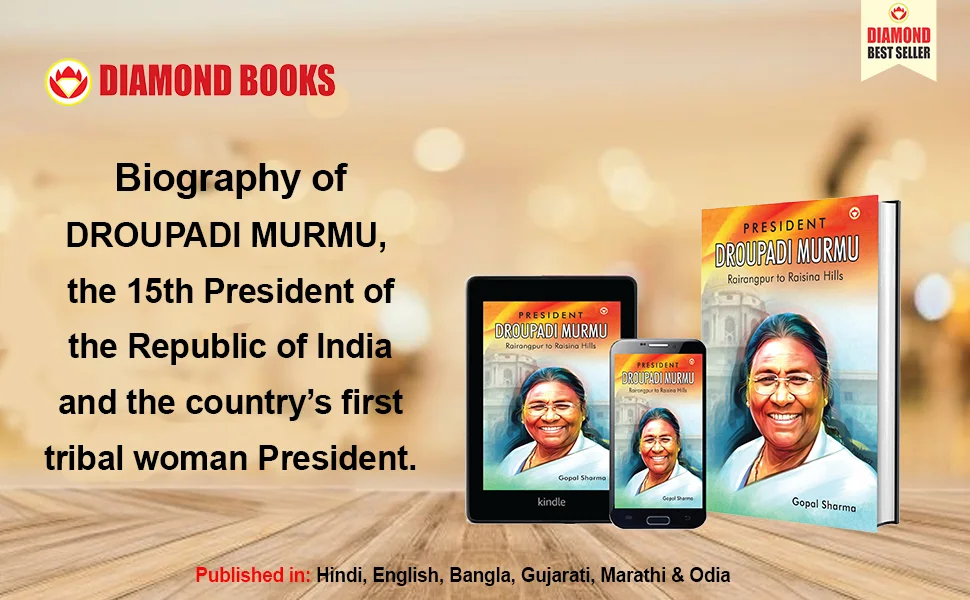

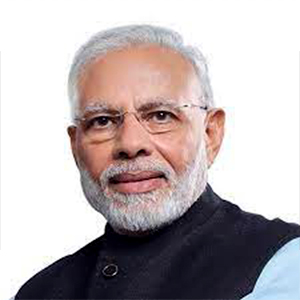
Narender Modi
Prime Minister Narender Modi congratulated Droupadi Murmu and said that India has created history by electing a leader, born in a tribal community, as the President of India.
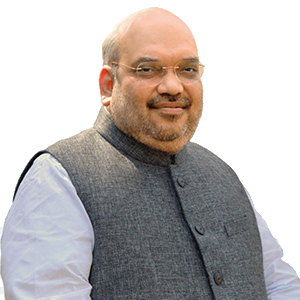
Amit shah
Home Minister Amit Shah congratulated Droupadi Murmu and said that she has made a special mark in public life by doing public service selflessly.
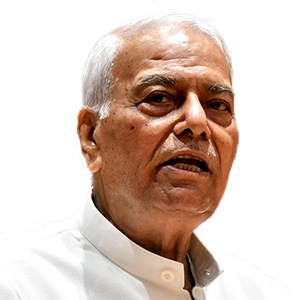
Yashwant Sinha
Yashwant Sinha congratulated Droupadi Murmu and said that she would act as the Custodian of the Constitution without any fear or favor.
Who is Droupadi Murmu?
Droupadi Murmu is the 15th President of India and the first tribal woman to hold the country’s highest constitutional office. She hails from the Santhal tribal community in Odisha.
What is the significance of Droupadi Murmu’s journey?
Her journey from a small tribal town in Odisha to the presidency represents the empowerment of marginalized communities and women in Indian politics. She is a symbol of hope and perseverance for millions
What were Droupadi Murmu’s major achievements as the Governor of Jharkhand?
As the Governor of Jharkhand, Murmu was known for her advocacy for tribal rights, especially her strong opposition to amendments in tenancy acts that threatened tribal land ownership
What challenges did Droupadi Murmu face in her personal life?
Murmu faced immense personal tragedies, including the loss of her husband and two sons, yet she continued her work with strength and resilience, becoming an inspiration for many.
What does Droupadi Murmu’s presidency mean for India?
Her presidency marks a significant milestone in Indian democracy, reflecting the country’s commitment to inclusivity and representation, especially for women and tribal communities.
Which tribe does Draupadi Murmu belong to?
Droupadi Murmu belongs to the tribe, which is one of the largest tribal communities in India. The tribe primarily resides in the states of Jharkhand, Odisha, West Bengal, Bihar, and Assam.
When was she elected President of India?
She was elected as the President of India in 2022.
Where was Droupadi Murmu born?
She was born in Rairangpur, Odisha, in 1958, into a tribal community.
What is unique about Droupadi Murmu being President?
She is the first tribal woman ever to become the President of India, making her presidency a groundbreaking achievement.
About the Author:
Dr. Gopal Sharma is a professor of English at the Department of English Language and Literature (DELL), Arba Minch University, Ethiopia (Africa). He is the author of over 50 books which include works on literary criticism, critical theory, linguistics, translation studies, and ELT. In addition, he has been writing about prominent national and international personalities. His book-length research-based biographical books on Nelson Mandela, Nadia Murad, Jacques Derrida, Munshi Premchand, Ram Nath Kovind, Ramesh Pokhriyal “Nishank”, Narendra Modi, and Kamala Harris have been published in India and abroad. He teaches English for livelihood and writes and translates for self-actualization.
Additional information
| Weight | 0.175 g |
|---|---|
| Dimensions | 21.59 × 13.97 × 1.5 cm |
| Author | Gopal Sharma |
| ISBN | 9789355996671 |
| Pages | 166 |
| Format | Paperback |
| Language | English |
| Publisher | Diamond Books |
| Amazon | |
| Flipkart | |
| ISBN 10 | 9355996675 |
Additional information
| Weight | 0.175 g |
|---|---|
| Dimensions | 21.59 × 13.97 × 1.5 cm |
| Author | Gopal Sharma |
| ISBN | 9789355996671 |
| Pages | 166 |
| Format | Paperback |
| Language | English |
| Publisher | Diamond Books |
| Amazon | |
| Flipkart | |
| ISBN 10 | 9355996675 |
25th July 2022 is an epiphany – a moment that embodies what we, the people, can become. Droupadi Murmu is the newly elected 15th President of India. In a year when India is marking “75 years of Independence,” it has made every Indian proud that the highest office of our country is occupied by a self-made woman who belongs to a tribal community. She needs no introduction. But if you are keen to know in detail about her amazing journey from a non-descript tribal village of Odisha to the resplendent Raisina Hills, this is the book to read.
To prepare the book, the author traveled to President Murmu’s native village and met the residents there to weave the story. Her life lesson is simple and to the point: Don’t consider yourself inferior to anyone (Apne ko chota nahin samajhna). Professor Gopal Sharma’s masterful chronicling of Draupadi’s extraordinary ordinary life – her tribal background, her struggles and triumphs, personal tragedies and adversities will take you along. The book not only familiarizes you with her life but also allows you to decipher and decode how in a political set-up where dynastic politics and personal wealth have dominated for long, a person with frugal means and resources gets the ultimate self-actualization. She is a pioneer in her own right, a symbol you may look up to in the hope of a more inclusive world.
Encouraging story of an inspirational personality – not only readable but also collectible.
ISBN10-9355996675
Customers Also Bought
Diamond Books, Books, Self Help
₹250.00Original price was: ₹250.00.₹249.00Current price is: ₹249.00. Add to cartAutobiography & Memories, Books, Diamond Books
₹295.00Original price was: ₹295.00.₹294.00Current price is: ₹294.00. Add to cart
Related products
Diamond Books, Books, Business and Management, Economics
₹175.00Original price was: ₹175.00.₹174.00Current price is: ₹174.00. Add to cartSelf Help, Books, Diamond Books
₹195.00Original price was: ₹195.00.₹194.00Current price is: ₹194.00. Add to cart


